DAFINA: The Crown Jewel Of The North African Shabbat Table
Meet the crown jewel of the Sephardic Shabbat table, Dafina (also known as Skhina). It’s a slow-simmered stew primarily made of chickpeas, beef, potatoes and warm spices. Dafina is more than just a meal, it’s an edible heirloom. Recipes for Dafina have been passed down through generations and have been lovingly prepared for centuries each Friday before sundown.

Pictured: Dafina Prepared By DinnersWithDave
At its core, Dafina is a Sephardic Jewish dish that's typically prepared during Shabbat. The name is derived from the medieval Spanish shabbat stew “Adafina.” After the Jewish community was expelled from Spain in the late 15th century, many Jews settled in Morocco, Algeria and Tunisia bringing with them their recipes and traditions.

Pictured: Dafina Pot
Historically, it Dafina was prepared in a clay pot and was brought to the neighborhood community oven, left to cook slowly overnight until Saturday afternoon when it would be enjoyed with family.
A Dish That Changes With the Map & The Maker
Simply put - there’s no single way to make Dafina.
Across North Africa, versions of Dafina are highly regional. Moroccan versions may include dates, argan oil and sweet potatoes whereas other versions may lean more savory in nature eliminating the sweet elements altogether. One family might use cinnamon in their rice while another may use a combination of other warm spices, including mace.

Pictured: Dafina Spices
Additionally, there are many different versions of Dafina for different occasions throughout the year. For example, there are special recipes for Yom Kippur, Rosh Hashanah - and even versions for weddings.
One of the more celebratory or special elements of Dafina is the "Kora" - a delicious combination of seasoned ground meat that's been meticulously rolled in cheesecloth and cooked inside the Dafina pot.
It’s a dish that has evolved throughout the centuries with the diaspora to match the landscape of available ingredients.

Pictured: "Kora" For Dafina
Learning Dafina in One of Morocco’s Most Iconic Kitchens
This particular recipe has been adapted from a version that our chef, Dave Patera, learned on a visit to Dar Les Cigognes, a renowned riad in Marrakech known for its work with traditional foods.

Pictured: Team At Dar Les Cigognes, Marrakech
The staff graciously walked Dave through the steps of creating a proper Moroccan Dafina. The result was a warm, deeply flavorful and richly textured version of the dish.
Know Before You Get Started

Pictured: Dafina Mise En Place
We’ll let the full recipe speak for itself but know this:
-
There are a lot of ingredients in our recipe but assembly of this dish is simple and is worth the prep.
-
Cheesecloth pouches keep rice and grains intact and separated during the cooking process. Be sure to allow enough room when tying each pouch to allow for the grains to expand substaintially while cooking.
-
The stew simmers overnight in a 200 degree oven, typically between 12 to 14 hours, until the water reduces and flavors concentrate. If you don’t want to cook overnight, check the end of the recipe for an easy stovetop method.
Authentic Moroccan Ingredients Make Any Moroccan Dish Shine
Want to prepare a version that’s as authentic as possible? Get authentic Moroccan ingredients on bsaha to complete the recipe.
-
Moroccan Spices like paprika, turmeric and cinnamon.
-
Precooked Wheat Berries & Barley to make prep even easier.
🛒 Shop the ingredients featured in this recipe and more on bsaha!
MOROCCAN DAFINA (SKHINA) RECIPE
Dafina is a slow-cooked Shabbat stew deeply rooted in the culinary traditions of Moroccan & North African Jewish communities. Typically prepared on Friday before sundown and left to cook overnight, Dafina transforms humble ingredients like chickpeas, beef, eggs and potatoes into something fragrant and soulful. Every region and family prepares it a little differently. This Moroccan version is inspired by a rendition taught to our chef, Dave Patera, at the famous Dar Les Cigognes in Marrakech, Morocco. Traditionally cooked in a clay pot nestled in embers or cooked overnight in a neighborhood community oven, this adaptation offers an option for a Dutch oven to make it more accessible for the modern kitchen while staying true to the essence of this time-honored dish.
For The Base Of The Dafina Pot:
1.25c dried chick peas, soaked in water overnight & drained
1 2” slice of a cow foot (traditional but optional)
1.5lbs beef chuck, cut into 3-4 large pieces
2t paprika
2t turmeric
2T honey
Pinch saffron soaked in 3/4c warm water
1.5t salt
For The Potatoes:
2 medium potatoes, peel and cut into 1.5” pieces
1 sweet potato, peeled and cut into 1.5” pieces (optional)
1/2t ground mace
1 turmeric
1 paprika
3/4t salt
For The Rice:
1.5c cooked white rice
2T grated onion
1T finely chopped parsley
1T finely chopped cilantro
1/2t mace
1t ground cinnamon
1t ground turmeric
1/4t salt
1.5t argan oil or olive oil
For The Wheat Berries:
1c cooked wheat berries
1 clove garlic, grated
½ t cumin
1t paprika
1.5t chopped parsley
1.5t chopped cilantro
1t argan oil or olive oil
Pinch of salt
For The Kora or Pudding (Meat Roll):
1lb ground beef
2T breadcrumbs
2T grated onion
1T finely ground walnuts
2T finely ground almonds
1t cinnamon
1t mace
2t paprika
1t turmeric
2t argan oil or olive oil
1T honey
½ egg, beaten (approx 2T)
1T chopped parsley
1T chopped cilantro
1t salt
Additional Ingredients:
2-3 whole eggs
1 head of garlic
Equipment & Supplies
Cheesecloth
Kitchen String
For Assembly:
Place chickpeas in the bottom of a traditional clay pot or medium sized dutch oven. Arrange cow foot and beef on top of the chick peas in a single layer and add spices, argan oil, honey and salt. Massage spices into the meat before adding saffron water.
In a separate bowl, toss potatoes with all listed ingredients and add to the meat & chickpeas. Rinse bowl with 1/2c water to ensure no spices are left behind and pour into the pot.
Prepare the rice by combining all ingredients in a bowl, mix well. Lay a square of cheesecloth onto your workspace and spoon rice into the middle before gathering the four corners of the cheesecloth to create a pouch. Use kitchen string to tie the touch shut, ensuring that there is space at the top to allow the rice to expand. Snuggle the rice pouch into the potatoes.
Repeat this process with the wheat berries, combining all ingredients in a bowl before creating a wheat berry pouch.
Prepare the “kora” or meat roll by combining all ingredients with the ground meat on a large plate. Mix well to ensure all ingredients are evenly distributed. Roll mixture into a log and divide in two. Tightly roll each log in cheesecloth like a tootsie roll before tying each end with kitchen string. Add to the pot along with the whole head of garlic and your desired number of eggs.
Fill the pot with just enough hot water to barely cover ingredients, ensuring it’s not too close to the rim of the pot so it doesn’t boil over. Cover with parchment paper followed by the lid and in a 200 degree oven overnight (between 12-14 hours) until water is evaporated, meat is tender and potatoes are caramelized. Check occasionally to ensure water has not completely evaporated.
To serve, remove rice, wheatberries and meat roll from the cheesecloth. Place all components on a large serving plate in desired fashion, topping the presentation with the eggs.
Stovetop Option: If you prefer not to use the oven overnight, Dafina can also be prepared on the stovetop. Place your clay pot over a heat diffuser (or use a Dutch oven) and over low heat bring to simmer. Then, cover and on the lowest possible flame let simmer gently for 5 to 6 hours, checking occasionally to ensure the water hasn’t fully evaporated. Be mindful of hot spots and adjust the pot’s position if needed for even cooking.
We hope you enjoy the recipe! If this is something you make at home or you try our recipe, let us know about it in the comments below. B'saha!

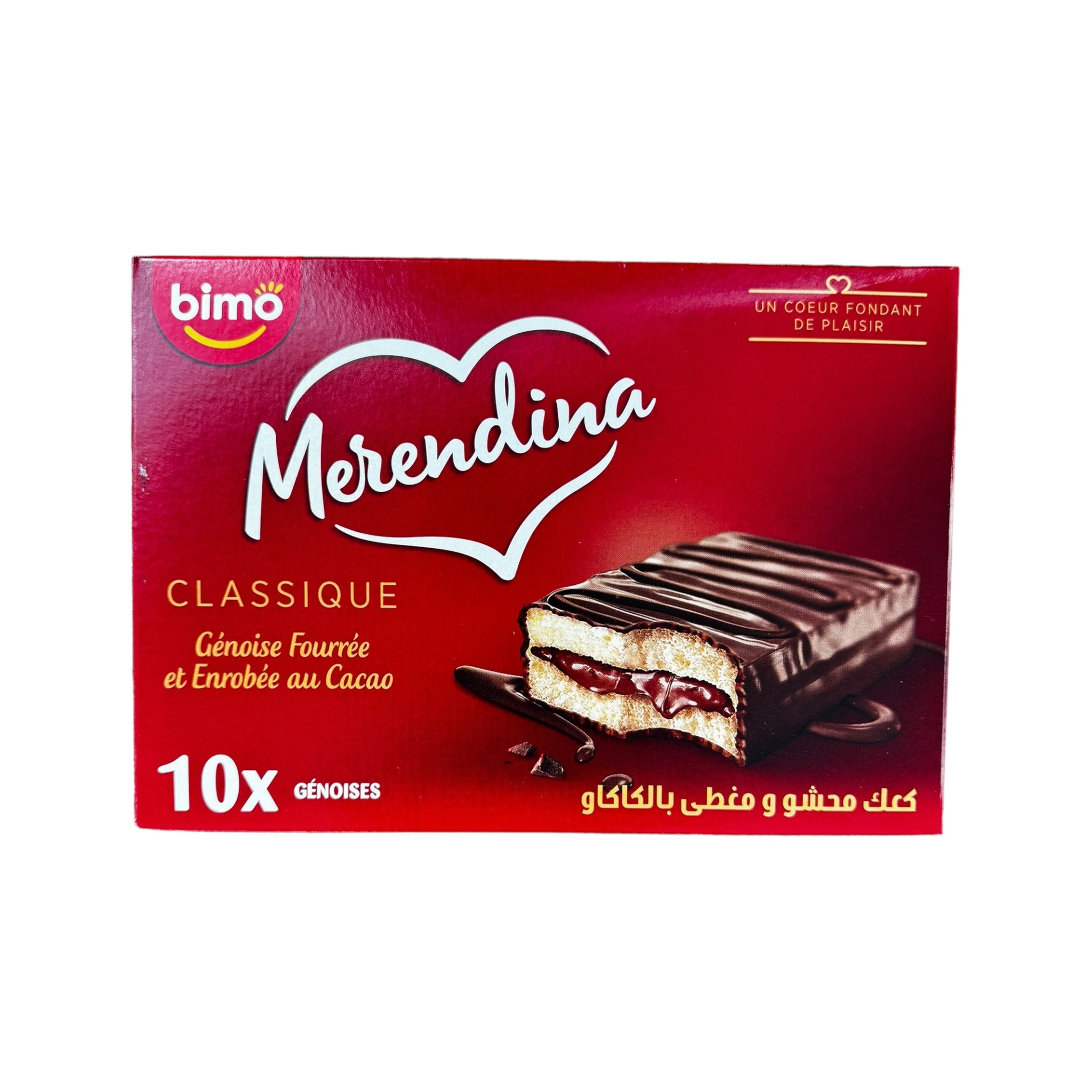
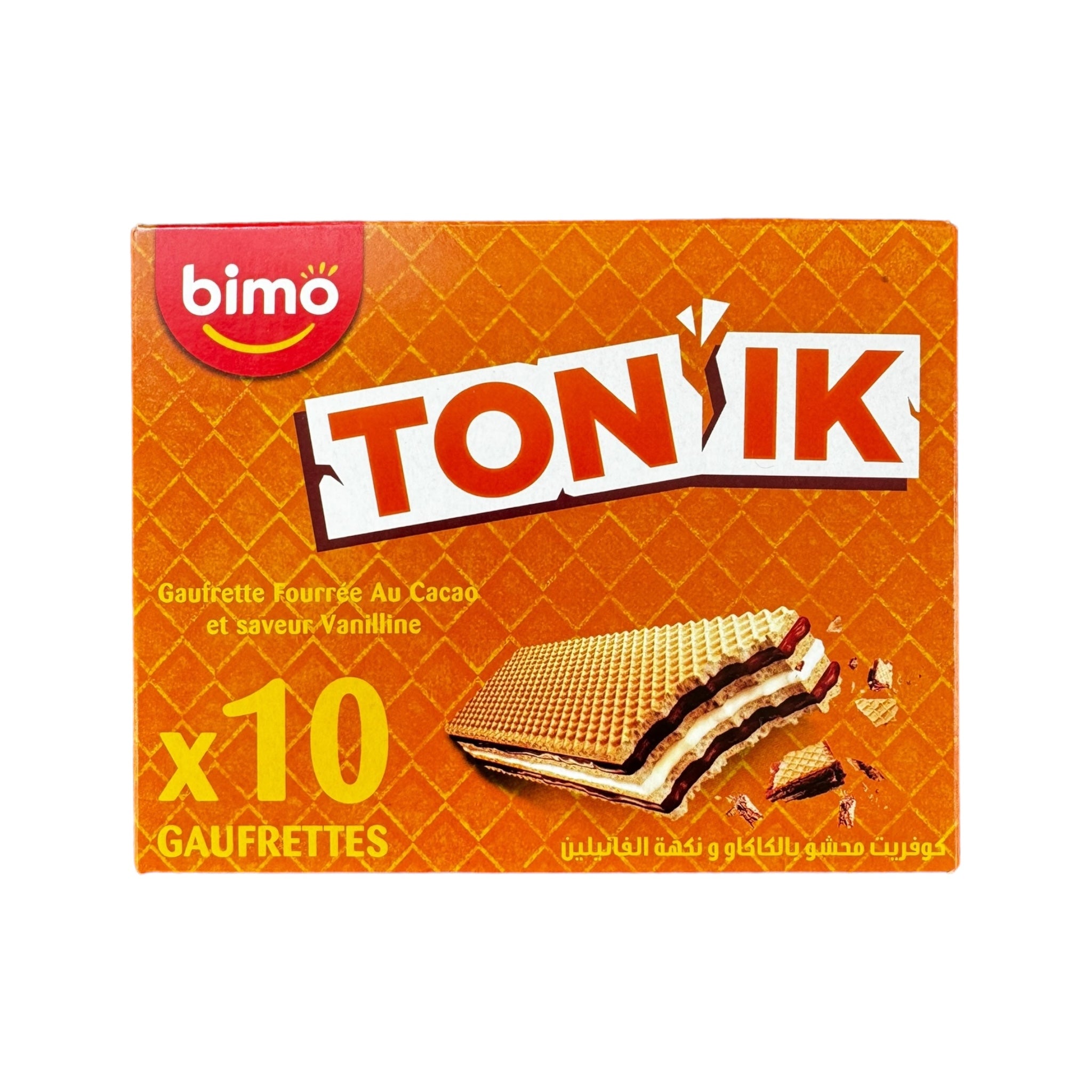
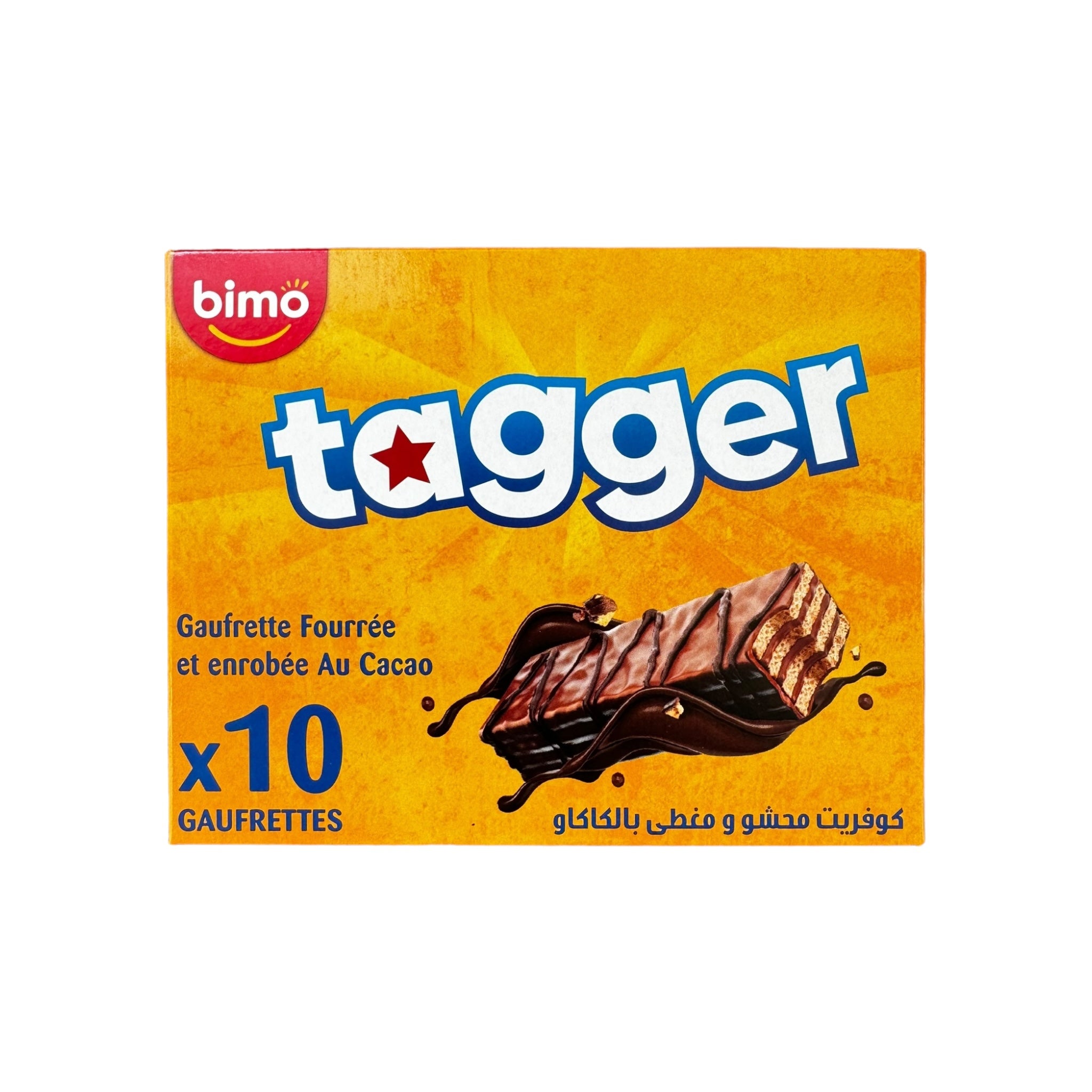
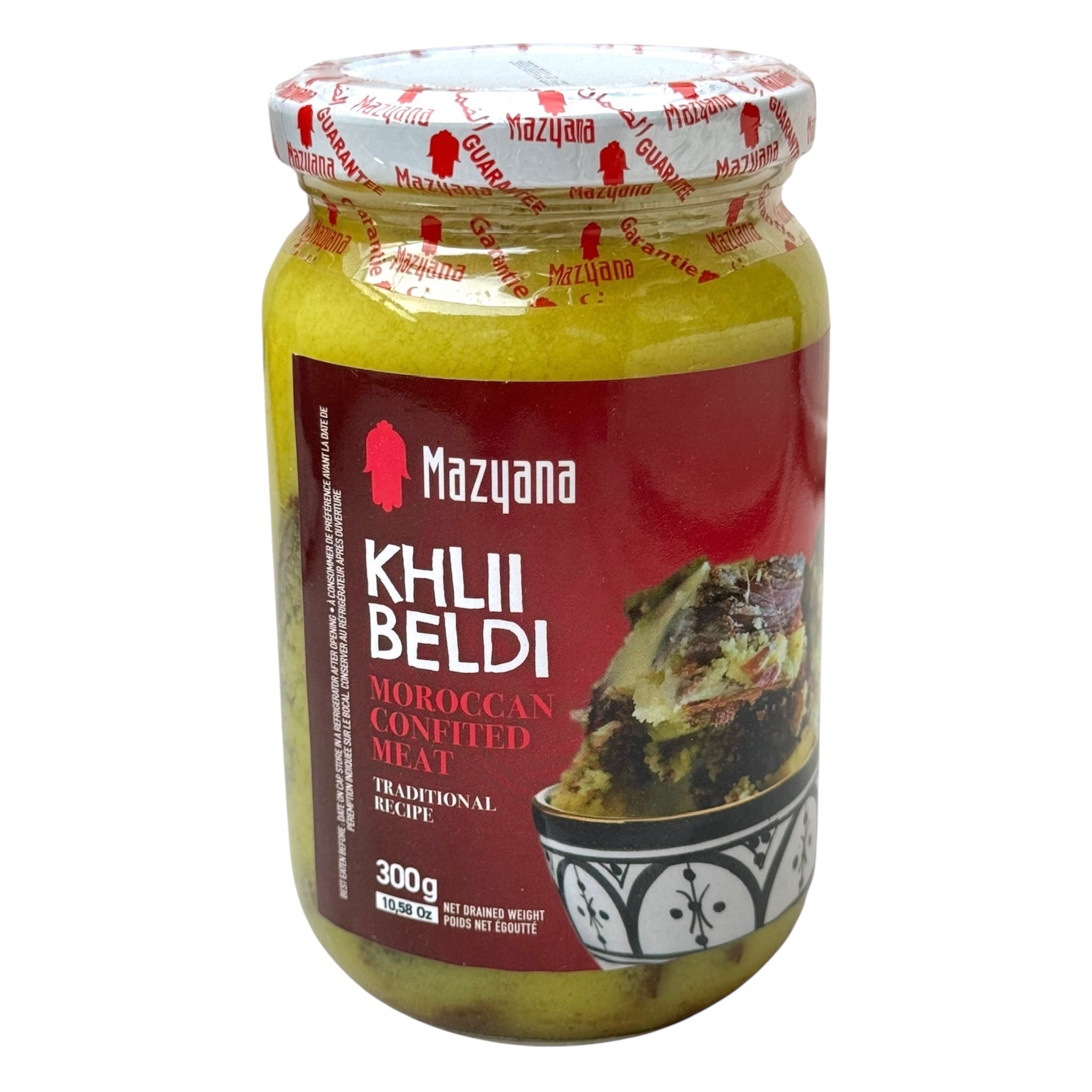
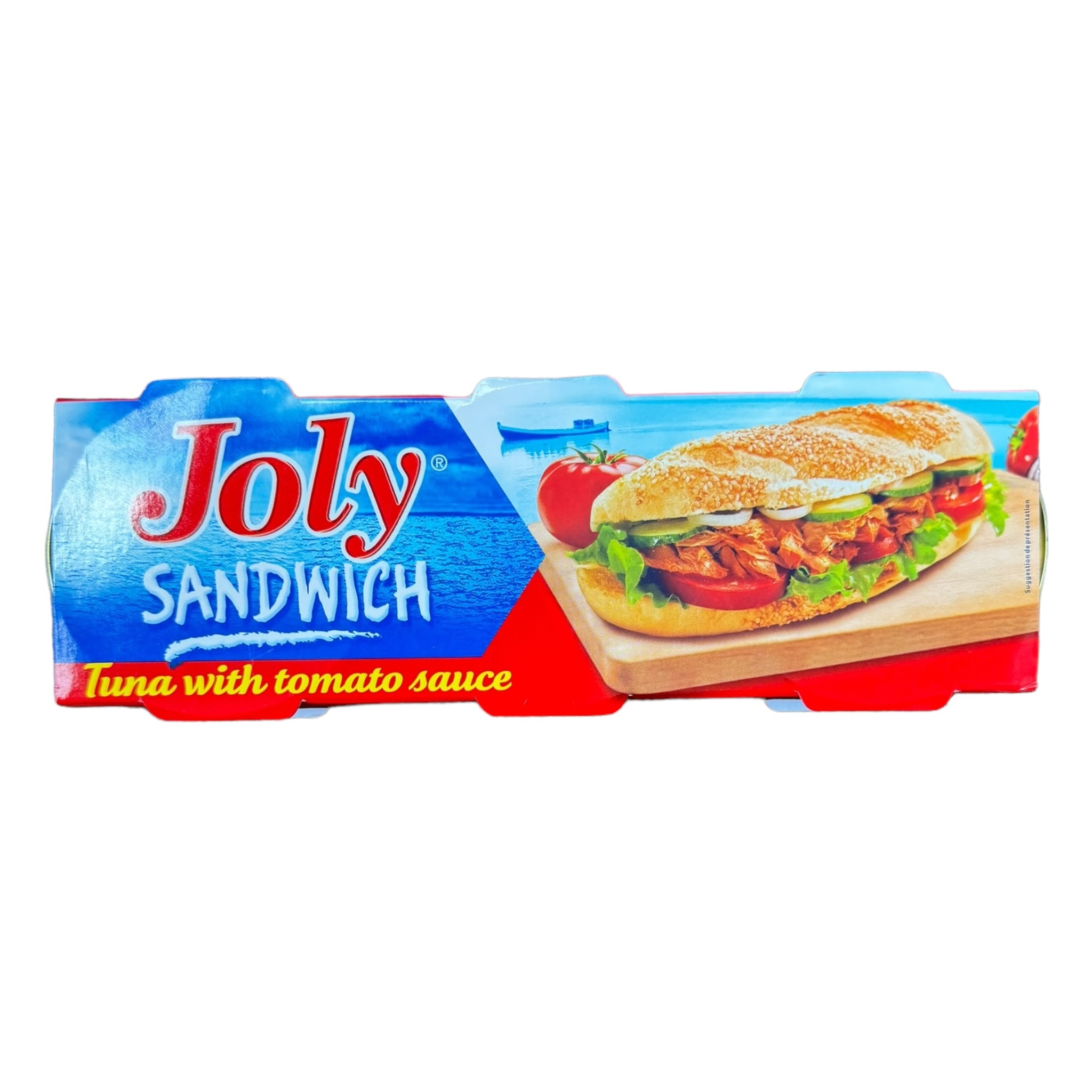
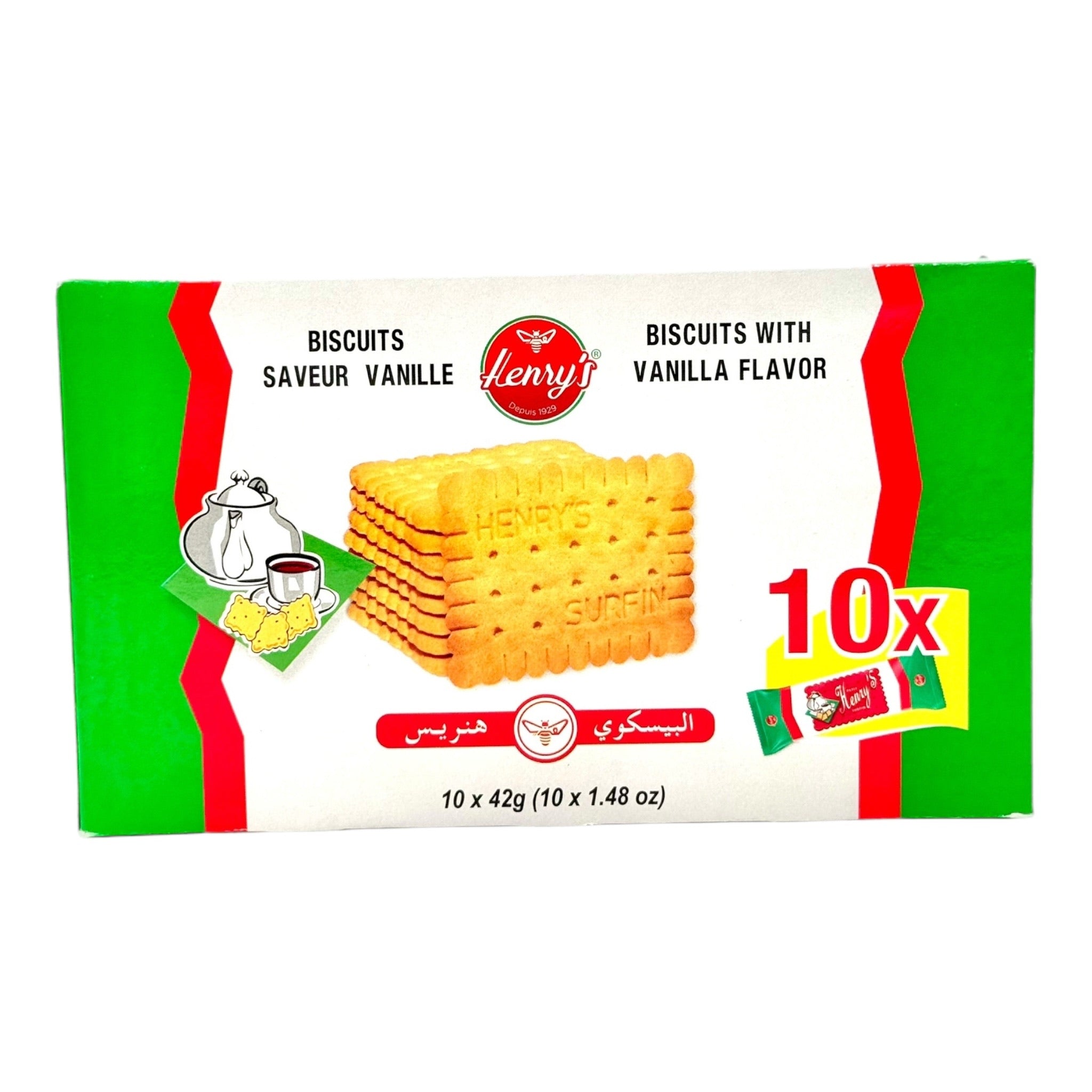
Comments